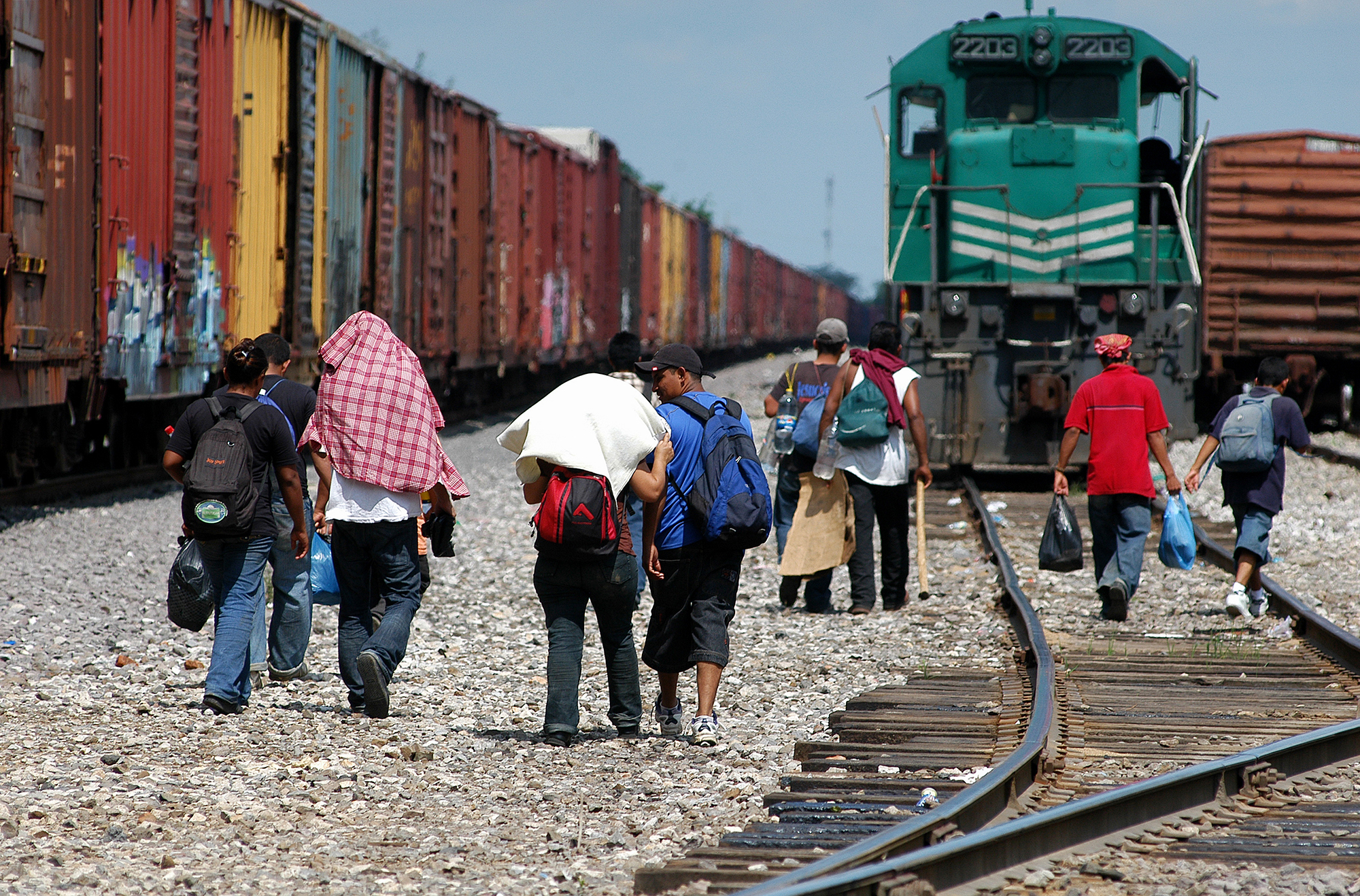HONDURAS
Ousted Honduran President Manuel Zelaya attempted to return to Honduras for the second time on Friday, July 24, 2009. After a brief moment in his home country, Zelaya retreated back into Nicaragua, setting up camp on Saturday to demand his return home and to power.
Since then, Zelaya has refrained from making another attempt to enter the country for fear of attacks against his supporters, as reported by the BBC. Curfews remain in place in southern Honduras, while supporters of Mr. Zelaya have blocked main roads.
The Honduran armed forces endorsed the San José Accord, an agreement that was forged in Costa Rica between delegates representing President Zelaya and Roberto Micheletti, the leader of the de facto government. According to the New York Times, the accord is supported by most governments in the hemisphere and it would allow the return of Mr. Zelaya as president with limited powers.
There are currently no further talks scheduled to take place between the de facto government and Zelaya.
Honduran President Manuel Zelaya was detained by Honduran military personnel and forced into exile at the end of June. Several government ministers are also reported to have been detained. Roberto Micheletti, Congress speaker, has been sworn in as “Interim President.” Micheletti has imposed a curfew.
Recent reports also suggest that journalists who have published news stories on the crisis or covering the issue of protests and scores of detentions have been intimidated. Prosecutors have also reported threats on account of their attempts to verify human rights abuses during protests.
Must Reads
Overheard
“President Zelaya’s effort to reach the border is reckless.” Hilary Clinton, U.S. Secretary of State, July 24, 2009.
“The United States should be helping me, not criticizing.” Manuel Zelaya, Ousted Honduras President, July 25, 2009.
SOMALIA
The worsening security situation in Somalia was exemplified by Al-Shabab raids on two UN compounds in Baidoa and Wajid last week, which severely hindered the UN’s humanitarian work in Somalia. Al-Shabab has also threatened to shut down 3 UN operations in Somalia, accusing the UNDP, UNDSS, and UNPOS offices of working against Somali Muslims. Ongoing fighting in Mogadishu has already led to the closure of many feeding centers throughout the city, putting pressure on already crowded IDP camps and straining the capacity of aid agencies all over Somalia.
Meanwhile, newly appointed Somali Security Minister Abdullahi Mohamed Ali vowed Friday to reform the security forces, telling Reuters by telephone that his “main priority is to gradually re-establish capable security forces that can defeat the terrorists.”
Must Reads
Overheard
“Such acts target the whole gamut of UN peace and humanitarian operations in Somalia. The UN is providing life-saving support to people in need throughout Somalia, and will continue to do all it can to help the country emerge from decades of violence.” Ban Ki-Moon, UN Secretary General, July 21, 2009.
“We again appeal to the warring parties in Somalia to respect basic international humanitarian and human rights principles and to guarantee the safety and security of the civilian population as well as for the humanitarian workers trying to help the victims.” Ron Redmon, UNHCR Spokesperson, July 21, 2009.
Coming This Week
- July 27: Obama begins economic talks with Chinese leaders
- July 28: Ousted Honduran President Manuel Zelaya to arrive in Washington, DC for further discussions
- July 30: Senate hearing on US strategy on Sudan
- July 31: Renewal of UNAMID mandate
- July 27 – July 31: George Mitchell, Dennis Ross, and Robert Gates in Jerusalem for talks regarding West Bank settlements
Juliette Rousselot and Jacki Mowery contributed to this post.
Human Rights Flashpoints is a weekly column about countries at risk of escalating human rights violations and is brought to you by AIUSA’s Crisis Prevention and Response team.

